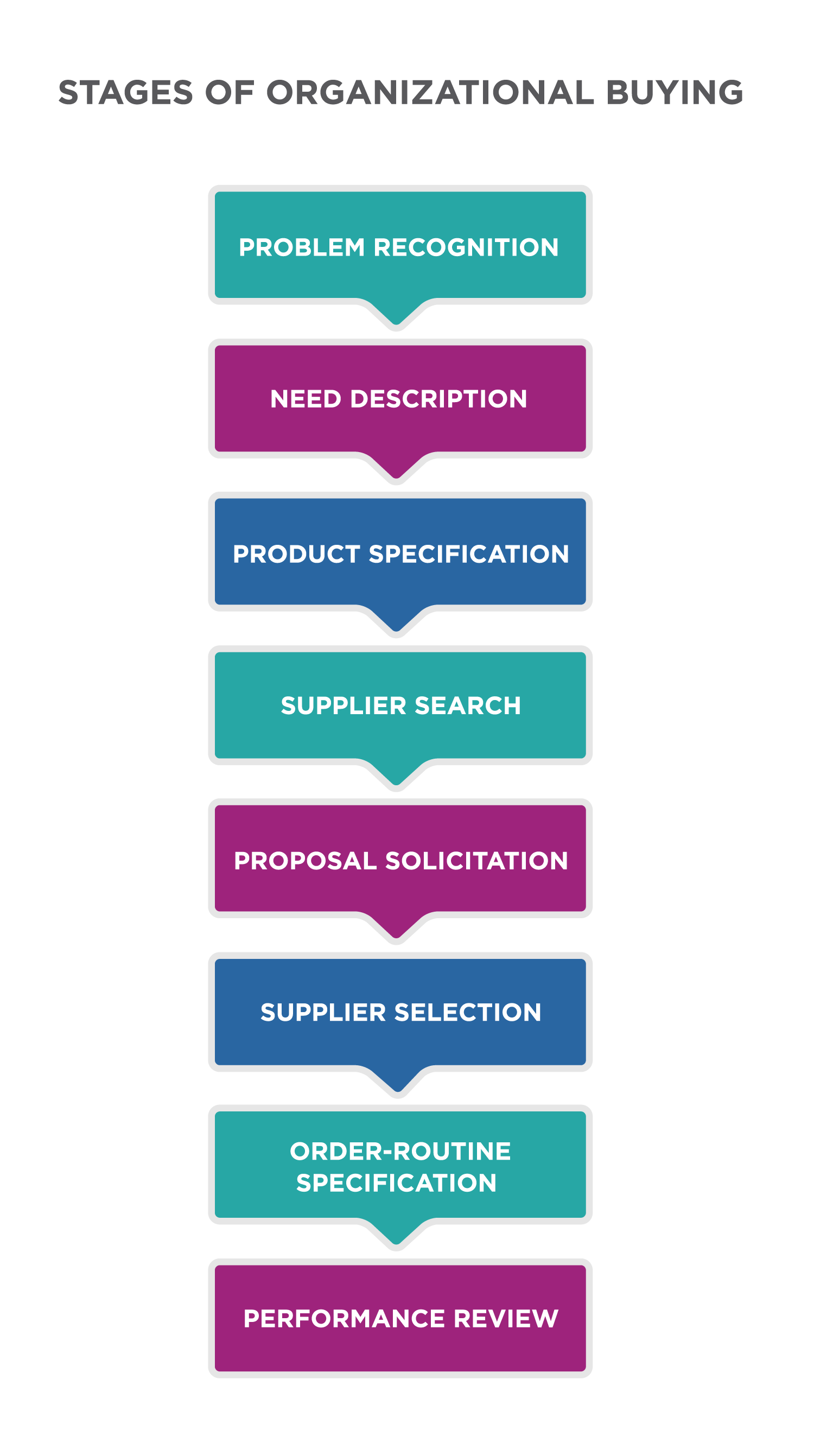Small businesses are often referred to as the backbone of the economy, and for good reason. They play a vital role in job creation, innovation, and community development. In this article, we will explore the importance of small businesses, their economic impact, their contribution to local communities, and the challenges they face in today's competitive landscape.
Economic Impact
Small businesses are significant contributors to the economy. According to the U.S. Small Business Administration (SBA), small businesses account for 99.9% of all U.S. businesses and employ nearly half of the private workforce. This statistic highlights their crucial role in job creation. In fact, small businesses have created 64% of new jobs over the past 20 years, making them essential for reducing unemployment rates and fostering economic stability.

Furthermore, small businesses often drive innovation. They are more agile than larger corporations and can adapt quickly to changing market demands. This flexibility allows them to experiment with new ideas, products, and services, contributing to technological advancements and overall economic growth. Many of today's largest companies, such as Apple and Google, began as small startups, showcasing the potential for small businesses to grow and shape entire industries.
Community Development
Beyond their economic contributions, small businesses are integral to community development. They foster a sense of community by creating local jobs and supporting local economies. When residents shop at small businesses, they are more likely to keep their money within the community, which helps to sustain local services and improve the overall quality of life.
Moreover, small businesses often have a personalized touch that larger corporations cannot replicate. They build relationships with their customers, understand their needs, and tailor their services accordingly. This connection fosters loyalty and trust, which are essential for a thriving community. Small businesses also contribute to the uniqueness of a community, offering diverse products and services that reflect local culture and values.
Job Creation and Workforce Development
Small businesses are crucial for job creation, particularly in underserved areas. They provide opportunities for individuals who may face barriers to employment, such as those with limited education or work experience. By hiring locally, small businesses help to reduce poverty levels and promote economic mobility.
Additionally, small businesses often invest in workforce development. They provide training and mentorship to their employees, equipping them with valuable skills that can lead to career advancement. This investment in human capital not only benefits the individual employees but also strengthens the overall workforce, making the community more competitive.
Challenges Faced by Small Businesses
Despite their importance, small businesses face numerous challenges that can hinder their growth and sustainability. Access to capital is one of the most significant obstacles. Many small business owners struggle to secure funding from traditional financial institutions, which can limit their ability to expand or innovate. This issue is particularly pronounced for minority-owned and women-owned businesses, which often face additional barriers in securing financing.
Regulatory burdens also pose challenges for small businesses. Compliance with local, state, and federal regulations can be time-consuming and costly, diverting resources away from core business operations. small business (get redirected here) owners often lack the legal and financial expertise to navigate these complexities, making it essential for policymakers to consider their needs when crafting regulations.
Additionally, small businesses must compete with larger corporations that benefit from economies of scale and extensive marketing budgets. This competition can make it difficult for small businesses to attract and retain customers, particularly in saturated markets. To survive, small businesses must find innovative ways to differentiate themselves and build a loyal customer base.
Supporting Small Businesses
Recognizing the importance of small businesses, various organizations and government programs have emerged to support their growth. Initiatives such as small business grants, mentorship programs, and local business associations provide resources and guidance to entrepreneurs. Additionally, community members can support small businesses by shopping locally, advocating for policies that benefit small enterprises, and participating in local events.
In conclusion, small businesses are essential to economic growth, community development, and job creation. They drive innovation, foster community ties, and provide opportunities for individuals to thrive. However, they also face significant challenges that require attention and support. By recognizing the value of small businesses and actively supporting them, we can ensure a vibrant and prosperous economy for all.




